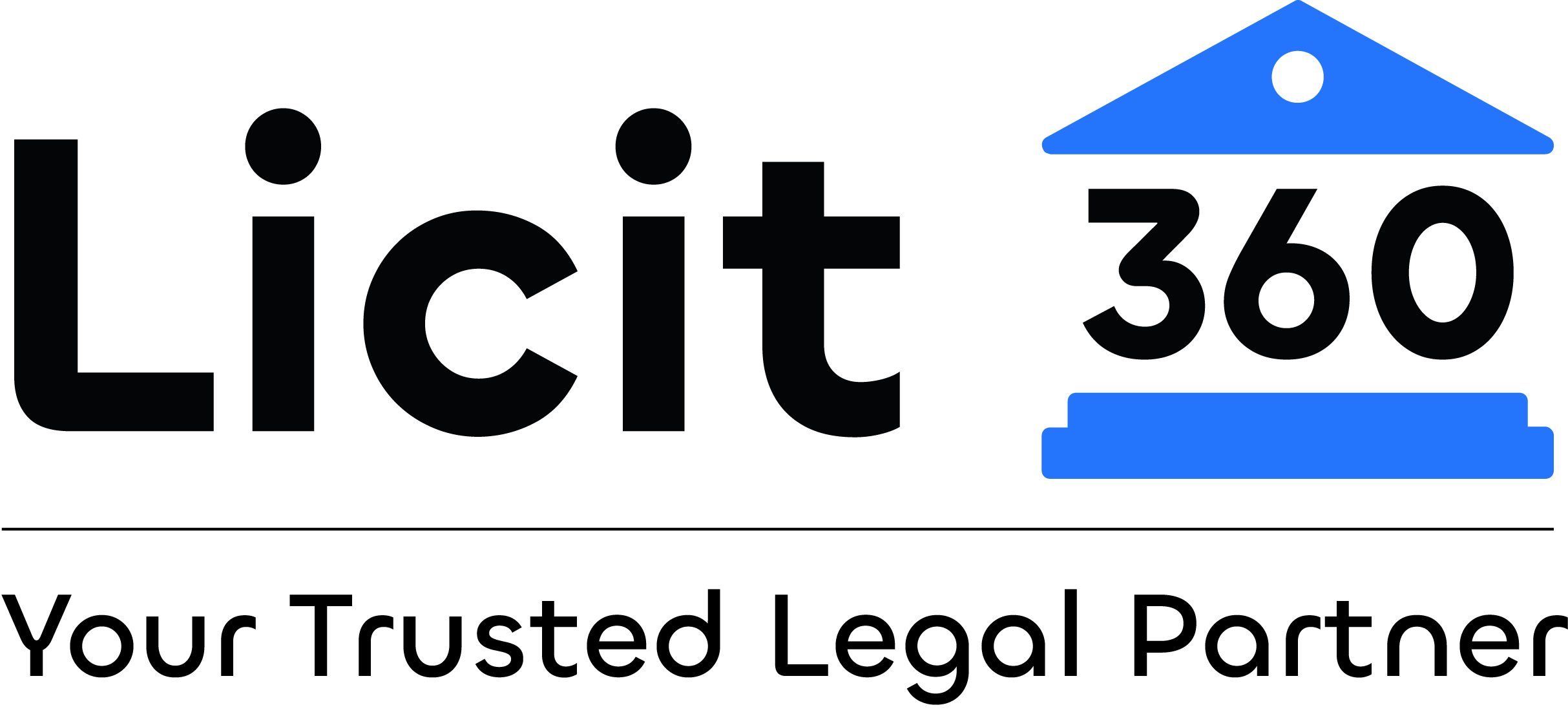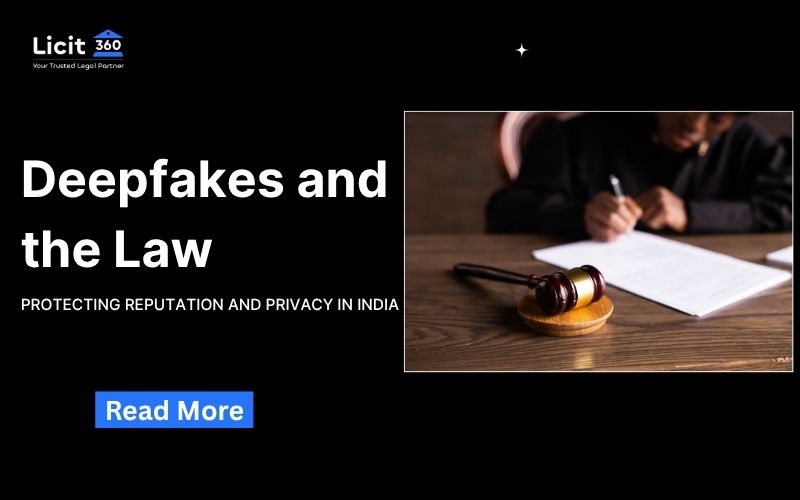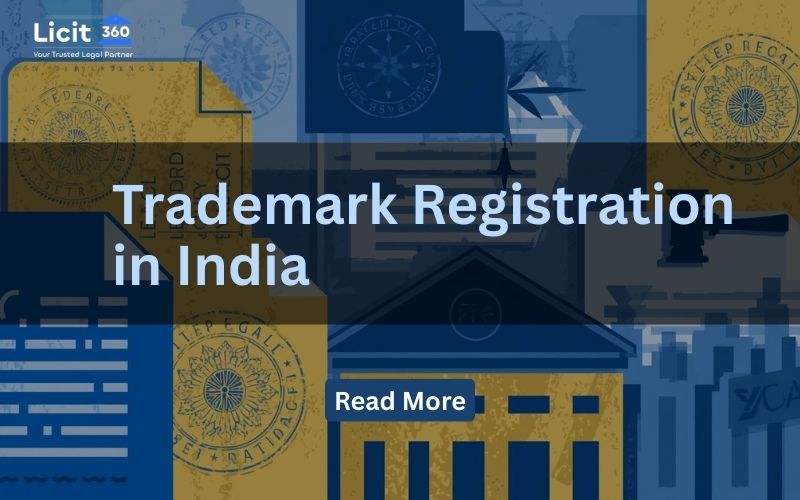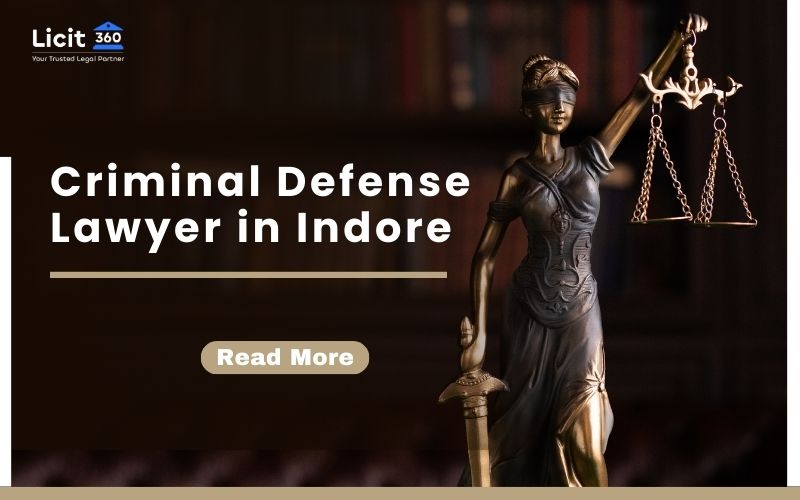What Are Deepfakes?
Deepfakes is deep artificial intelligence with the purpose of videos or audio records to edit the real people with the heightened evidence of use of fake content. Initially founded as a rather harmless source of fun and amusement through innocent parody, deepfakes are currently being used more and more to ruin reputations, interfere with political processes, conduct financial crime, and perpetrate character assassination, thankfully leading to legal and privacy issues.
Why Are Deepfakes a Legal Threat in India?
The development of the deepfake technology in India has given rise to the sharp spur in cyberbullying, fake news, and personal defamation, especially against women, celebrities, and prominent people. Such videos with manipulated content usually go viral on social media sites much before reality can be addressed-destroying livelihoods, reputations, and even mental wellbeing.
Legal Protection Against Deepfakes in India
Although there is no specific law for “deepfakes” in India yet, existing Indian cyber laws and privacy laws provide substantial protection. Here’s how the law safeguards victims:
1. Information Technology Act, 2000
Under Section 66E and Section 67:
- Publishing or transmitting obscene or private content electronically is punishable.
- Deepfake creators and sharers can face imprisonment up to 3 years and/or a fine.
2. Indian Penal Code (IPC)
- Section 500 (Defamation): Publishing a deepfake video that harms a person’s reputation is punishable.
- Section 509 (Insulting Modesty of a Woman): Common in deepfake cases involving morphed videos or explicit content.
3. Right to Privacy (Article 21 – Constitution of India)
- The Supreme Court has upheld privacy as a fundamental right, making unauthorized use of someone’s identity via deepfake a constitutional violation.
4. Intellectual Property Rights
- Use of someone’s likeness, voice, or image without consent can amount to copyright or personality rights infringement.
What Legal Action Can You Take?
In case you or your acquaintance has become a victim of a deepfake, the following measures have to be undertaken:
- Report to Cyber Crime Cell: Report on National Cyber Crime Reporting Portal- cybercrime.gov.in
- Submit an FIR: Either in your local police station/or at any online station.
- Keep Evidence: Take screen shots, archived links, date and time stamps and duplicates of the video or picture.
- Sending a Legal Notice: Sending a Legal Notice to a platform or creator through a cyber law expert.
- Court Injunction: Get Court Injunction to expunge the video and stop further dissemination.
How Are Deepfakes Detected?
Deepfakes are becoming more and more realistic, at the same time the detection technologies based on AI data tools and digital forensics are developed to detect them. These are some of the ways of detection:
- Facial manifestations: Unusual blinking and texture problems of the skin, unnatural lighting
- Voice analysis: AI will be able to detect altered audio frequencies.
- Metadata tracing: The origins and edits of files can regularly be traced.
Tip: Never ignore unattended content by reporting to authorities or crime cells. Licit360 can help to prove and certify such evidence in legal ways.
Who Is Most Vulnerable to Deepfakes?
- Women and minors – often targeted with morphed, explicit content.
- Politicians and public figures – targeted for disinformation and image tarnishing.
- Corporate professionals – used in voice-based frauds and impersonation.
- Students and young adults – vulnerable due to high social media usage.
Don’t ignore even a small incident. Early legal intervention can prevent viral damage.
Consequences of Sharing Deepfakes
You do not have to be a creator to get into trouble since spreading deepfake can stick you with a court case. And this is what you are gambling:
-
- Legal liability under IT Act and IPC
- Permanent damage of the reputation of someone
- Being mentioned in an FIR or a cybercrime case
Always verify before forwarding. If in doubt, report.
Legal Reforms and the Future of Deepfake Laws in India
India is taking steps to strengthen digital safety laws. Some proposed or upcoming developments include:
- Digital India Act (DIA) – expected to replace the IT Act with stricter content regulation.
- Stronger data protection laws – under the Digital Personal Data Protection Act (2023).
- AI regulation frameworks to monitor misuse of generative AI tools.
Stay updated with Licit360’s blog for latest legal tech and policy updates.
Why You Need a Cyber Law Expert for Deepfake Cases
Deepfake is more than an opportunity to get content removed:
- Proper filling of different IPC/IT sections
- Taking emergency injunctions to high courts
- Negotiations with the technical platform (Meta, Google, etc.)
- How to guarantee future protection of your digital identity
Our team at Licit360 has experience in handling deepfake cases, online defamation, and digital identity protection.
Real-Life Example: Why It Matters
In a recent case in Madhya Pradesh, a student’s deepfake was circulated in a college group, leading to severe emotional distress. The victim approached a legal service provider in Indore, who filed a cybercrime complaint and sent legal takedown notices to the platform. The video was removed, and the accused was booked under the IT Act.
How Licit360 Can Help You
Licit360 provides professional cyber legal consultation in the state of Madhya Pradesh, such as Indore, Bhopal, Gwalior, and Jabalpur.
Our services are:
- Deepfake and privacy law Legal opinion
- Writing and making complaints on cybercrime
- Issuance of takedowns
- Representation before a court and tribunal
Your privacy and reputation matter. Let us help you protect them legally.
Book a Legal Consultation or Contact Us today!










